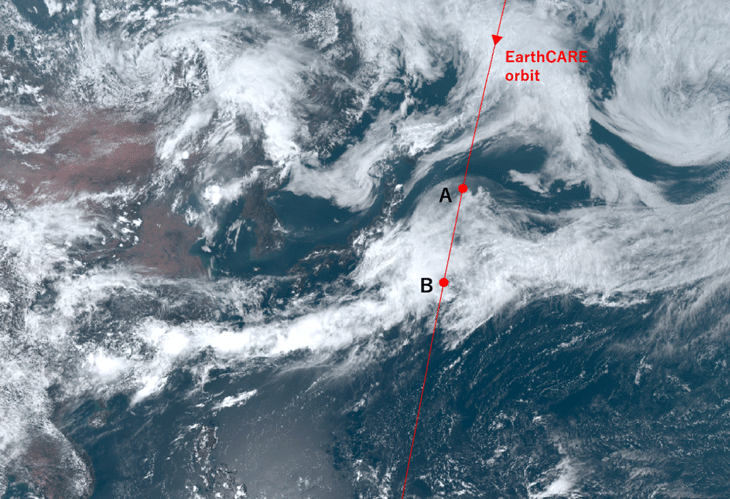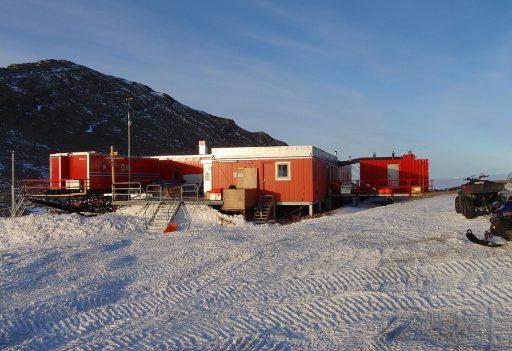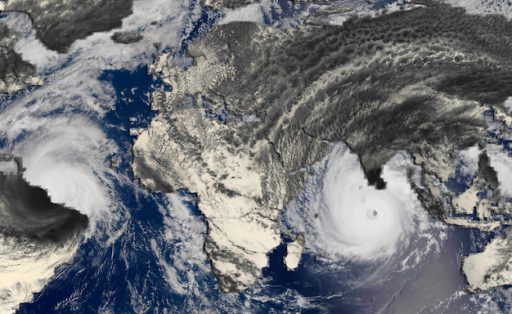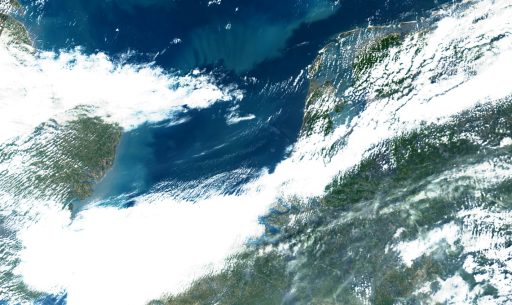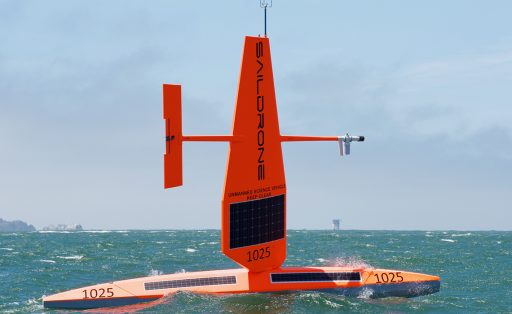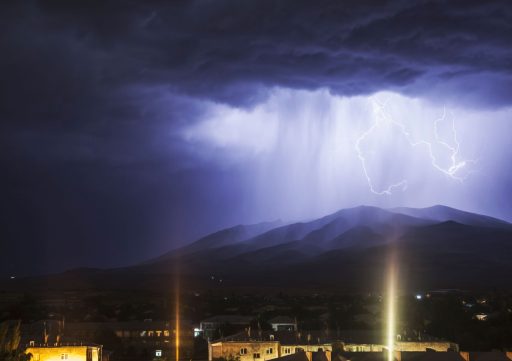Revolutionising weather forecasting: First space-based observation of vertical cloud movement
A radar developed by Japan’s National Institute of Information and Communications Technology and partners has made the world’s first measurement of vertical cloud motion from space.
A radar developed by Japan’s National Institute of Information and Communications Technology and partners has made the world’s first measurement of vertical cloud motion from space.


